Visa denied despite Columbia scholarship, Indian journalist blames online vetting
Kaushik Raj's visa rejection letter alleged 'insufficient ties to India', he labels it as a false charge.
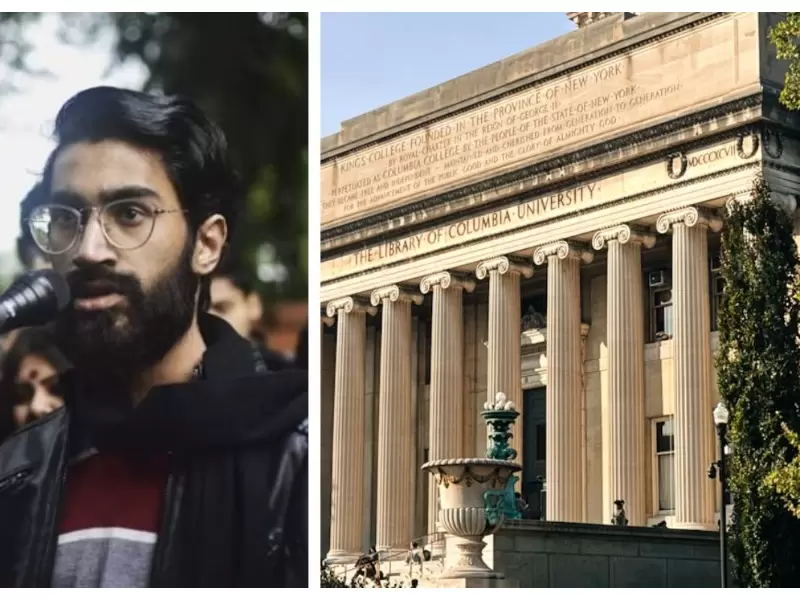 Kaushik Raj's visa rejection came after securing a major scholarship from Columbia University / Kaushik Raj via X and Pexels
Kaushik Raj's visa rejection came after securing a major scholarship from Columbia University / Kaushik Raj via X and Pexels
With sentiments of anti-immigration, localism and hyper-nationalism growing around the world and especially in the USA, an Indian journalist's $100,000 scholarship from Columbia University proved insufficient for him to study there. His visa was allegedly rejected based on trumped up charges.
Indian-origin journalist Kaushik Raj had applied to Columbia University to study Data Journalism and had secured not just an admission but also a significant scholarship. However, his Colombia dreams suffered an early demise as his US visa application was rejected by the American immigration authorities.
Talking to Washington Post, Raj revealed that his visa rejection letter noted the reason for rejection as 'his insufficient ties to India', implying that he was likely to overstay his visa.
The letter read, "You were not able to demonstrate that your intended activities in the United States would be consistent with the classification of the nonimmigrant visa for which you applied.”
The letter further added: “You have not demonstrated that you have the ties that will compel you to return to your home country after your travel to the United States.”
Raj, however, alleged that the stated reason was merely an excuse and the real reason was a thorough vetting of his personal social media handles. Kaushik, a journalist by profession, has previously written for media houses like Al Jazeera, The Wire and Article 14, among others. He noted that he had done stories on controversial issues like India's treatment of Muslims in the country and had shared his own news stories on his social media accounts.
He told the Washington Post that it was his posts on social media that resulted in the US Immigration department effectively blacklisting him.
Started recently, social media vetting is now a key part of the Trump administration's pre-immigration checks. Used as a metric to measure loyalties and possibly political opinions, the new policy has invited criticisms from various sections.
ALSO READ: US to require student visa applicants to make social media profiles public
After the interview, the individuals are asked to make their social media accounts public and it is only after the applicants' social media accounts are gone through, a final decision on the application is made.
In Raj's case also, a similar pattern was followed and his application was rejected after his private accounts were made public and allegedly, his posts were checked.
ADVERTISEMENT
ADVERTISEMENT
E Paper
Video




 Jeffin T. Kaleekal
Jeffin T. Kaleekal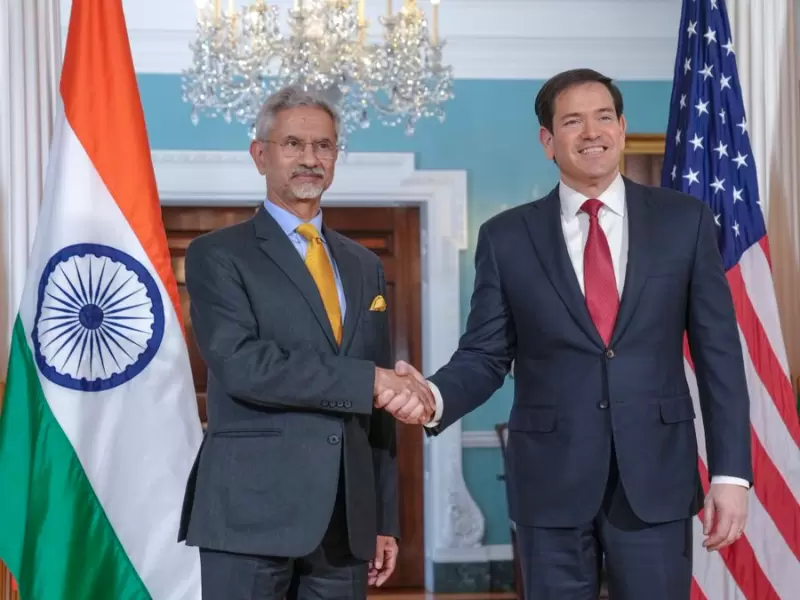
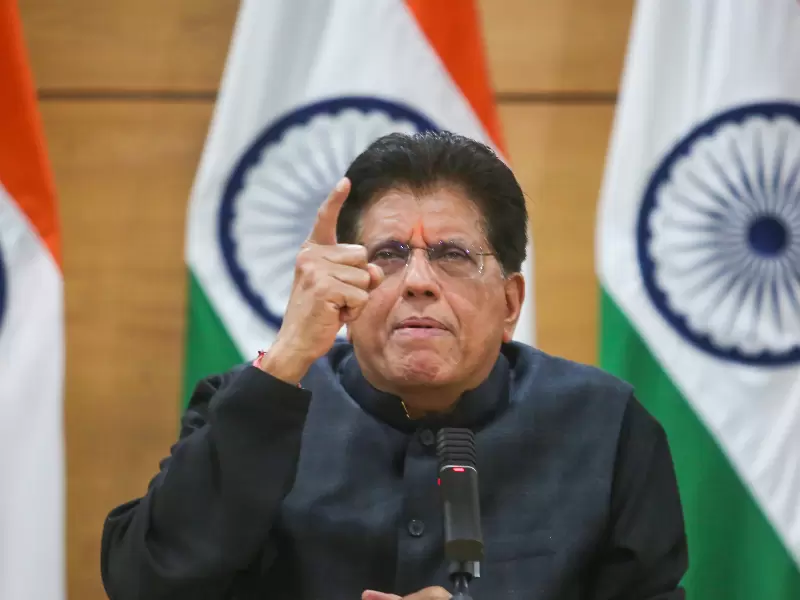
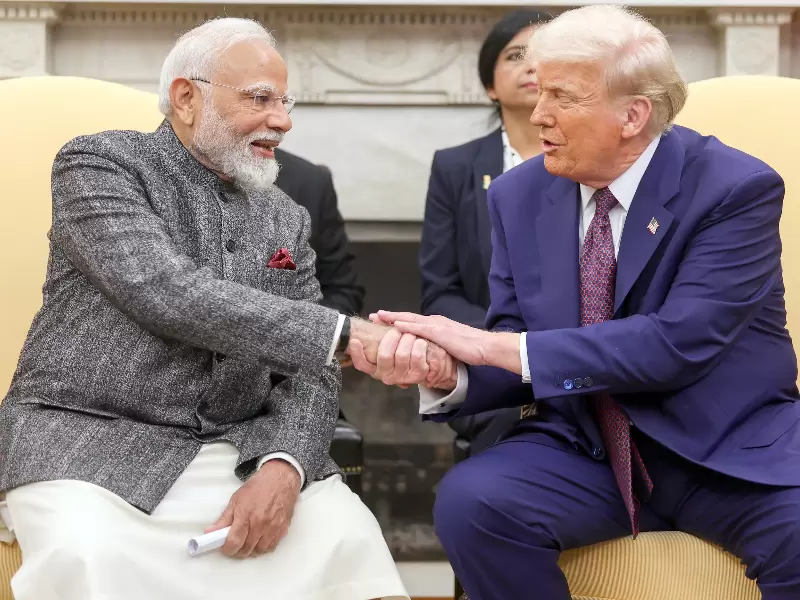



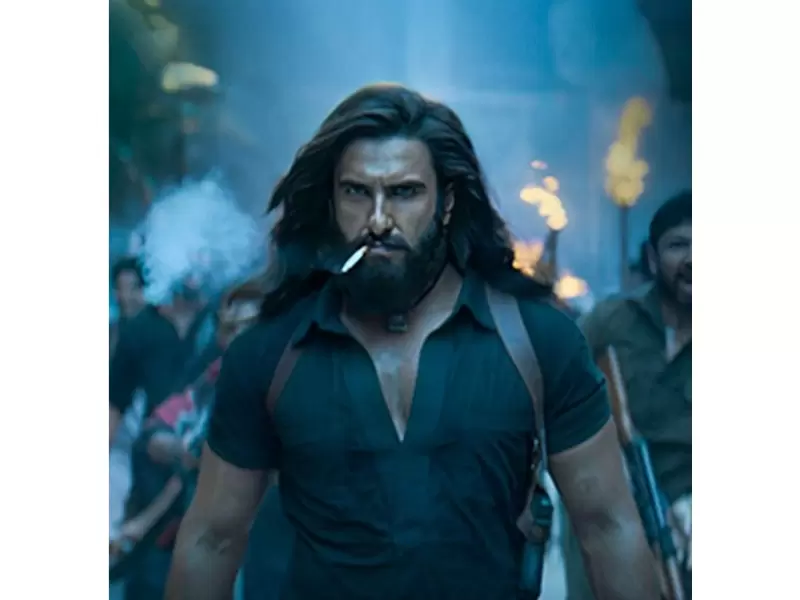
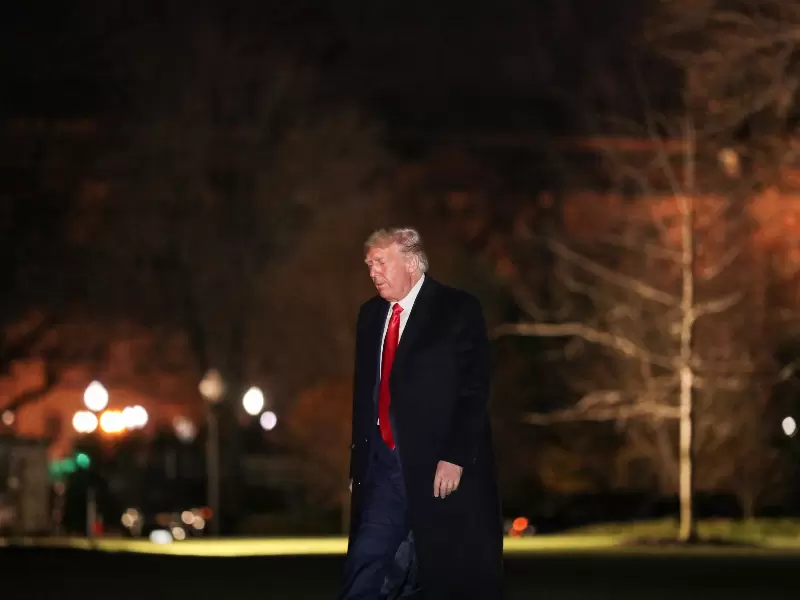


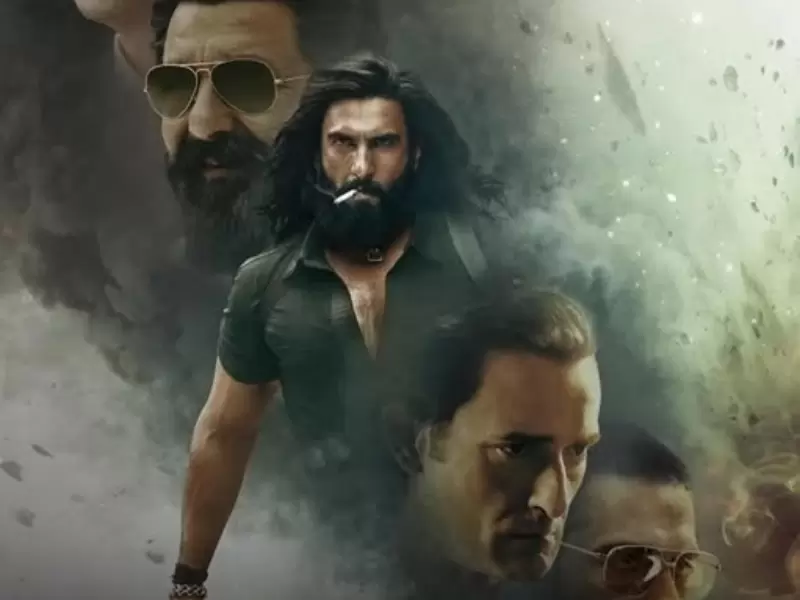
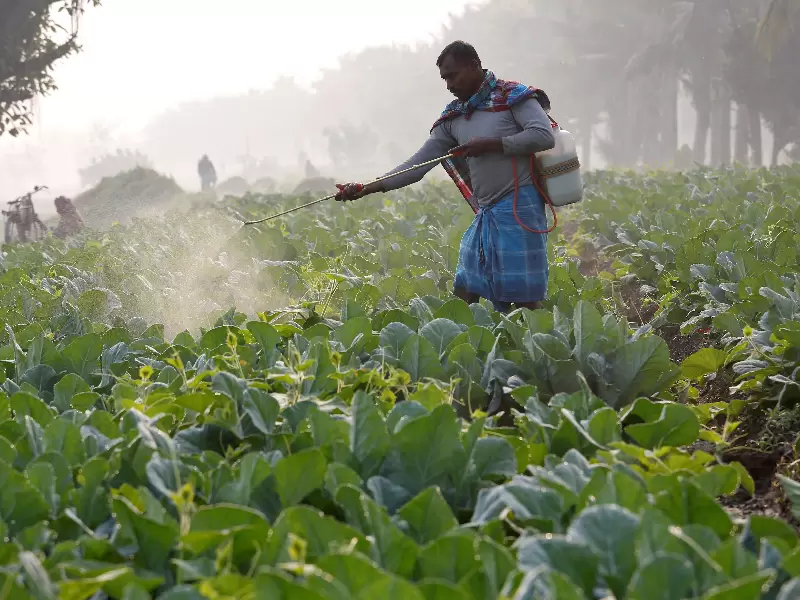


Comments
Start the conversation
Become a member of New India Abroad to start commenting.
Sign Up Now
Already have an account? Login